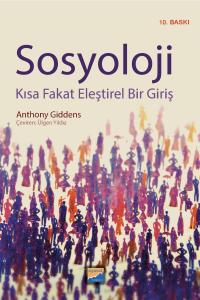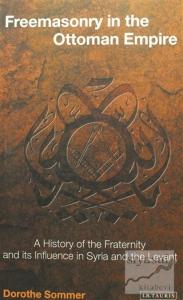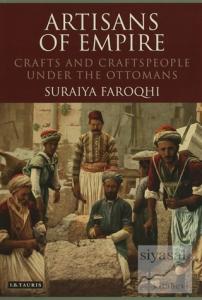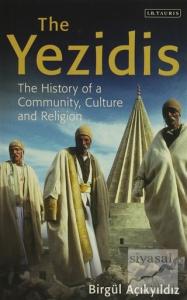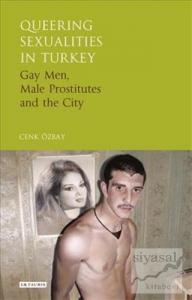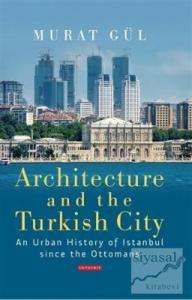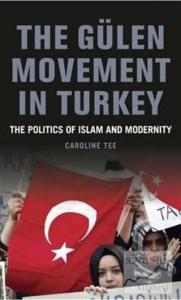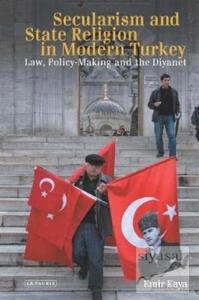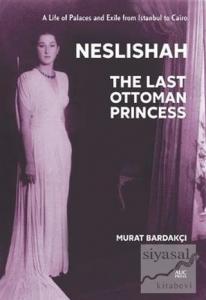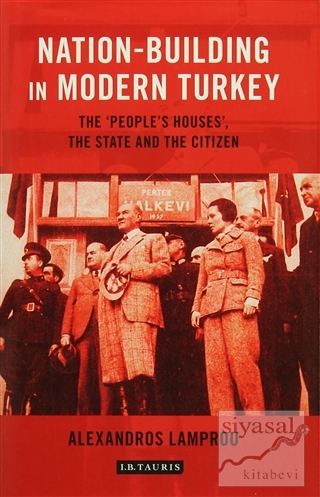
'Alexandros Lamprou' study of the People's Houses is important and innovative in that it does not limit itself to the cultural policies of the Turkish republic as formulated in the centre, but rather looks at the way the cultural and ideological clubs of Atataürk's People' s Party functioned in their local environment. Lamprou shows that the People's Houses were not simply instruments to spread the message of party or state, and tahat control over them was often contested between the representatives of the state, the party and local elites. It is part of the new wawe of Turkish historiography that privileges local case studies to bring to life the realities of Turkey in the first decades of the republic.
'Alexandros Lamprou' study of the People's Houses is important and innovative in that it does not limit itself to the cultural policies of the Turkish republic as formulated in the centre, but rather looks at the way the cultural and ideological clubs of Atataürk's People' s Party functioned in their local environment. Lamprou shows that the People's Houses were not simply instruments to spread the message of party or state, and tahat control over them was often contested between the representatives of the state, the party and local elites. It is part of the new wawe of Turkish historiography that privileges local case studies to bring to life the realities of Turkey in the first decades of the republic.










